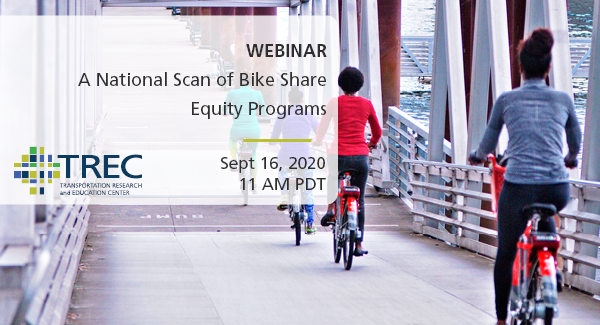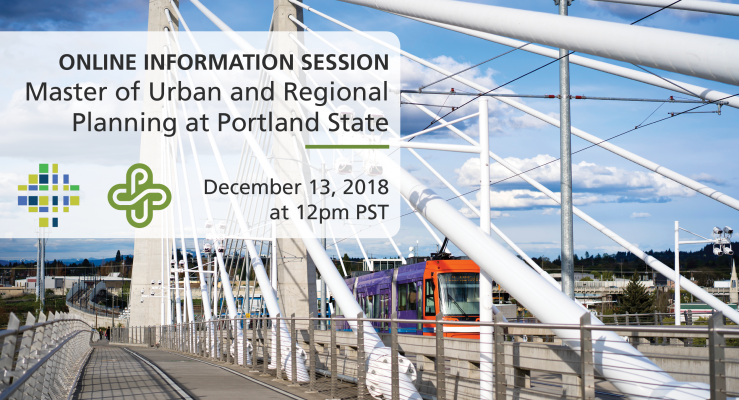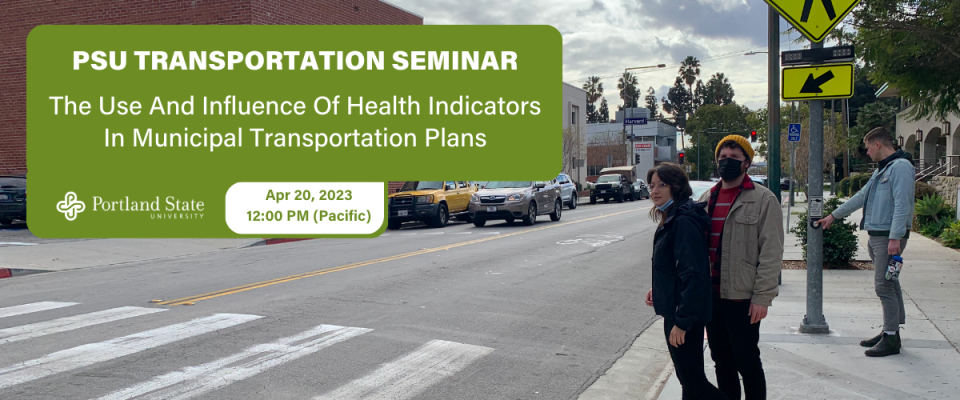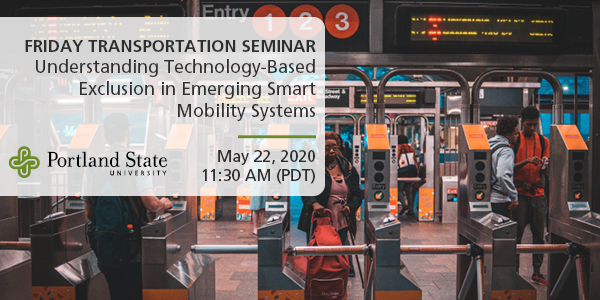PRESENTATION ARCHIVE
OVERVIEW
Connecting with cities and bike share operators from across the United States, Portland State University conducted a nationwide scan on what programs and initiatives were running to address equity in bike share. The report “National Scan of Bike Share Equity Programs” documents responses from over 70 bike share systems. This resource will help cities and operators navigate the range of actions that have been implemented to make bike share systems more equitable, examine successful strategies employed across the U.S., and understand how those successes (and challenges) are being measured and articulated. In doing so, we hope the report helps bike share systems learn from the experiences of others, innovate, and more quickly move toward greater equity. The research team will be joined by a bike share operator to discuss what they learned, best practices, and where they see the future of bike share equity programs headed.
THE RESEARCH
This webinar is based on a study funded by the Better Bike Share Partnership and the National Institute for Transportation and Communities (NITC) and conducted at...
Read more



